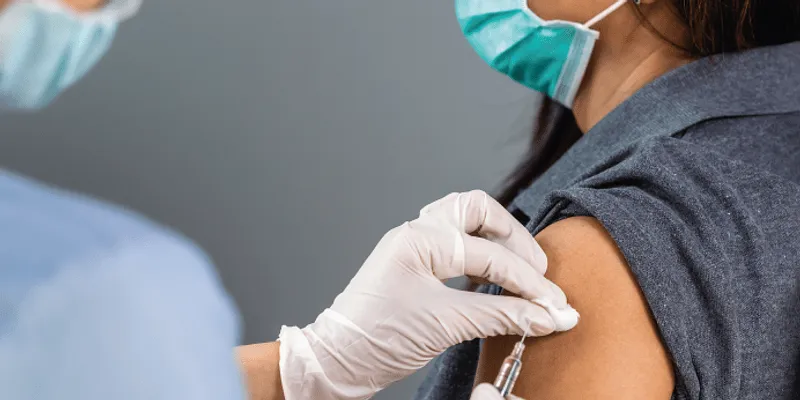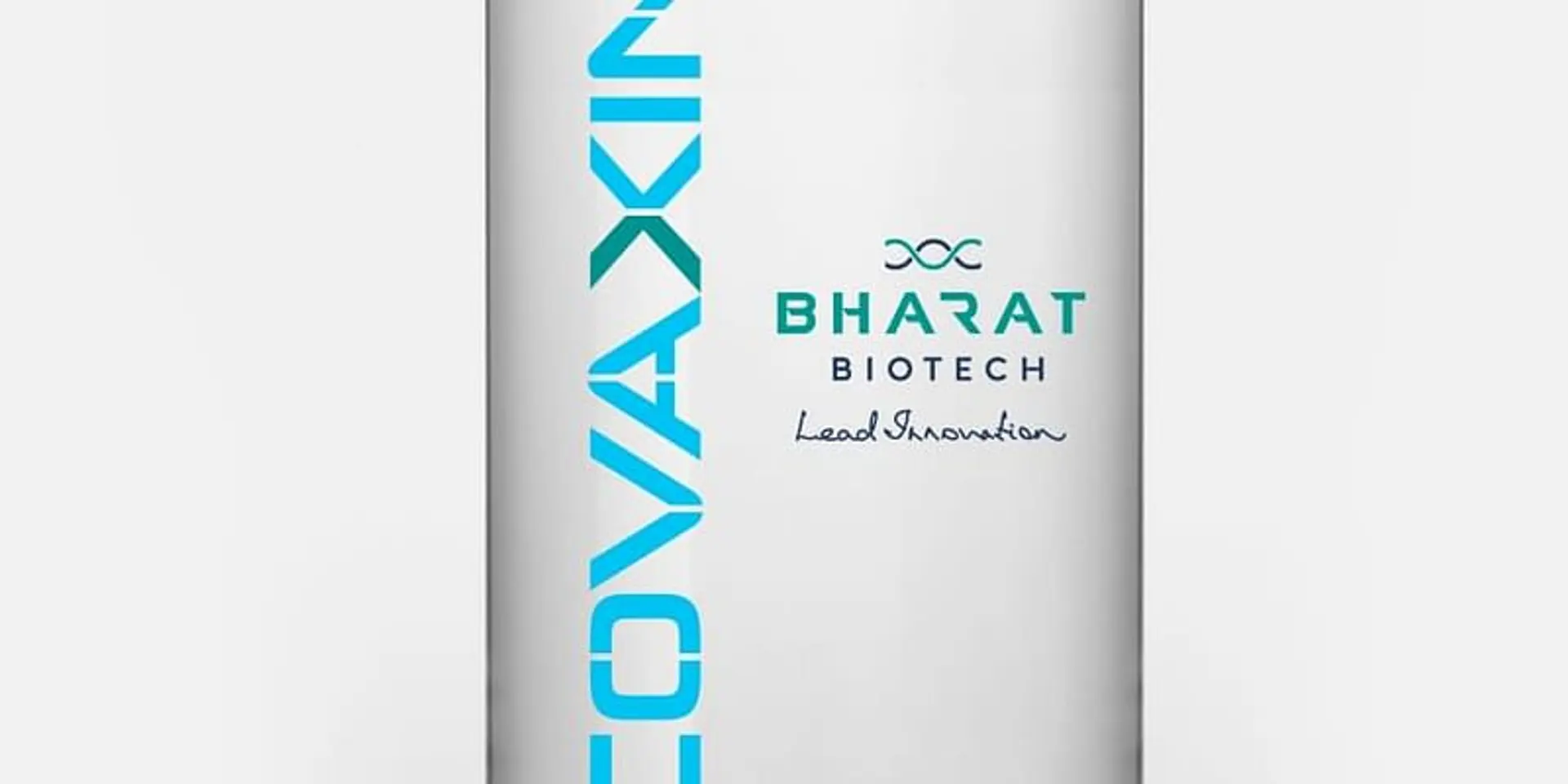Tech transfers, supply of materials must to scale up vaccine production: Bharat Biotech joint MD
Speaking at the EU-India Business Roundtable, Bharat Biotech Joint MD Suchitra Ella noted that more than patent relaxations, it is the partnerships and continuous supply of critical materials that are crucial to ramp up the production.
Partnerships, technology transfers, and supply of various critical equipment and materials, which go into the production of COVID-19 vaccines, are must for scaling up the production to cater to the huge demand, Bharat Biotech Joint MD Suchitra Ella has said.
Speaking at the EU-India Business Roundtable, Ella noted that more than patent relaxations, it is the partnerships and continuous supply of critical materials that are critical to ramp up the production and cater not only to the domestic demand, but also to the global demand.
She noted that collaborations are necessary to cater to the vaccination needs of a huge country like India.
"We are registering it (Covaxin) in the US and we would be glad to do that in Europe... So, we would be happy to collaborate and to partner with companies and academic institutions from the EU.
"India is a large country, and we cannot vaccinate 2.6 billion (twin dosages for 1.3 billion people) of our population that needs it at this point in time," Ella said.

Representational Image
Even two billion-odd number of dosages is something which is just not doable for any nation, she added.
"I know that we all know this and understand the crux of it. But, I am sure we can bring in more technologies or maybe patents can be relaxed a bit, and we as Indian manufacturers will be able to pitch in and run with new technologies and deploy them in our facilities," Ella said.
She further said, "We can deploy mRNA technology, subunit vaccines, and the whole gamut of biological material, and may need a technology transfer."
That is all that is required to have enough capacity in India to deliver vaccines not only in the country but maybe to the rest of the world at the earliest, Ella added.
Bharat Biotech is willing to join hands with organisations in this regard, Ella said, adding that the company's past track is proof that it respects partnerships.
"We value partnerships and we ensure the knowledge sharing and mutual handholding go a long way in developing many life-saving solutions not only for India but for global markets," she noted.
Ella added that the vaccine major has worked successfully with various organisations earlier to roll out around six to eight products.
"We look at technology as the backbone of our company. We know that we will not exist if we do not have value systems like this," she added.
While acknowledging the importance of knowledge sharing and partnerships with the European Union (EU), she also pointed out blockages in the supply of certain critical equipment and materials necessary for Covaxin production from the region.
"There are process equipments, which are backlogged in Europe right now. It is not a complaint, but I am just saying that the quantities we are ordering are probably throwing the supplies off.
"These are unprecedented numbers. So, I think it is important to share knowledge, technology, and to respect each other's area of interest," Ella said.
She noted that the vaccine manufacturers in the country needed the raw materials in enormous quantities so that the production of the COVID-19 vaccine could be enhanced.
"I want to reiterate that patents are important, but I don't see them as a huge challenge right now. What we need is technology transfers and certain materials for vaccine production, which come for Europe," Ella said when asked if relaxations in patents would help vaccine manufacturers.
Bharat Biotech is in the process of ramping up the manufacturing capacity of Covaxin to 70 crore dosages per annum.
Facing the world's fastest-growing coronavirus outbreak, India has seen a near collapse of its healthcare system in several parts of the country as hospitals ran out of oxygen and did not have enough beds to admit new patients.
To deal with the crisis, the government has, among other measures, opened up vaccination for all above 18 years. But, the procurement of vaccines for those between 18 and 44 years has been left to states and private hospitals.
This has led to the state after state rushing to vaccine makers who can meet only a small part of the demand.
Edited by Megha Reddy








